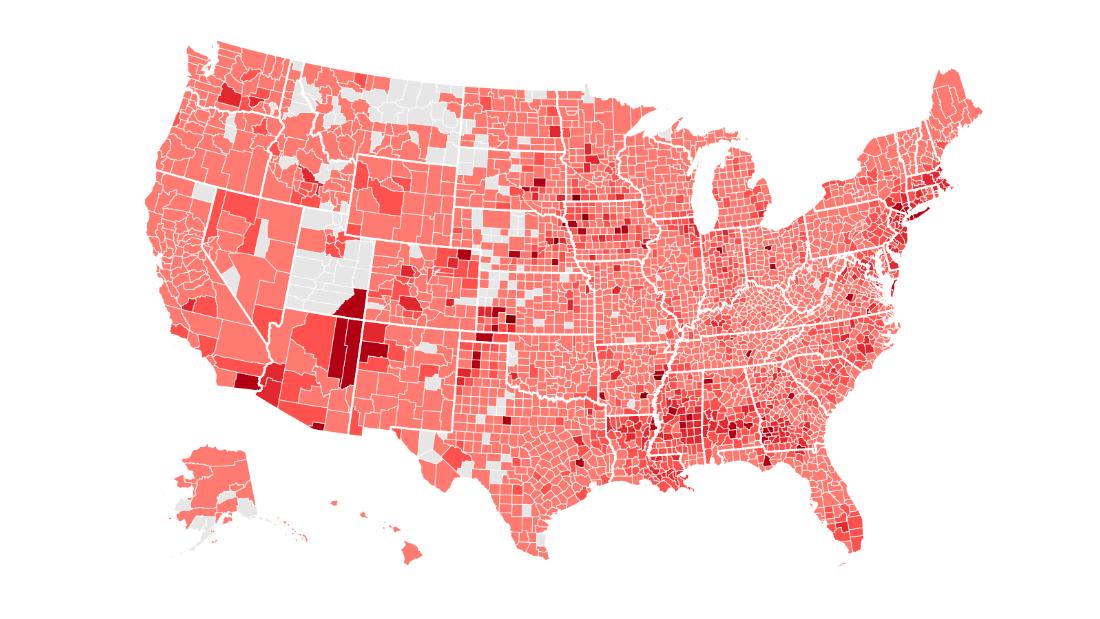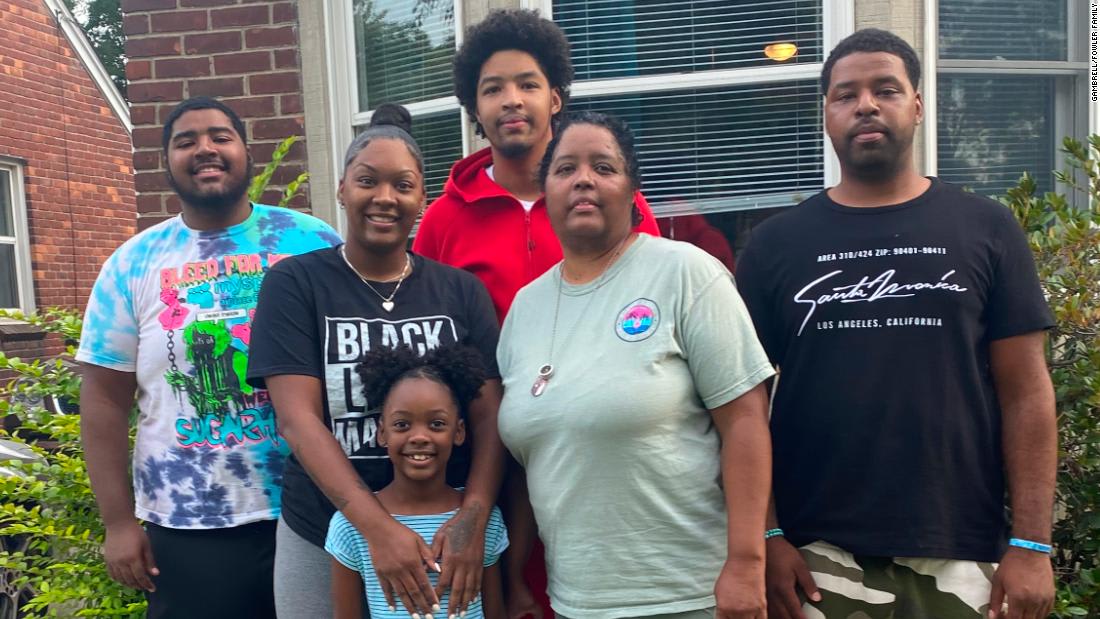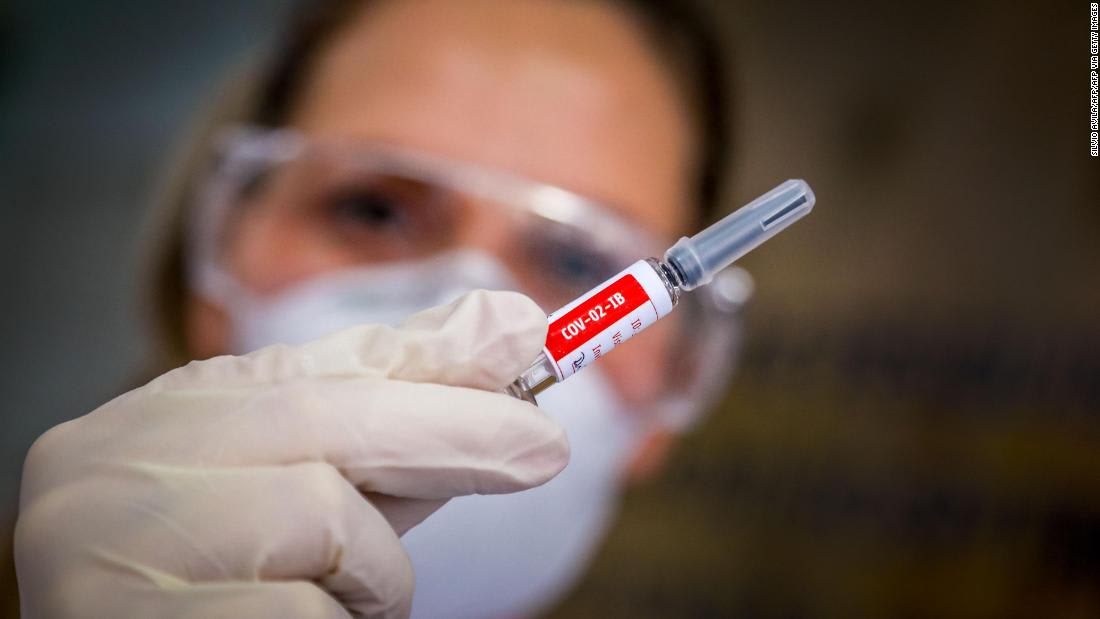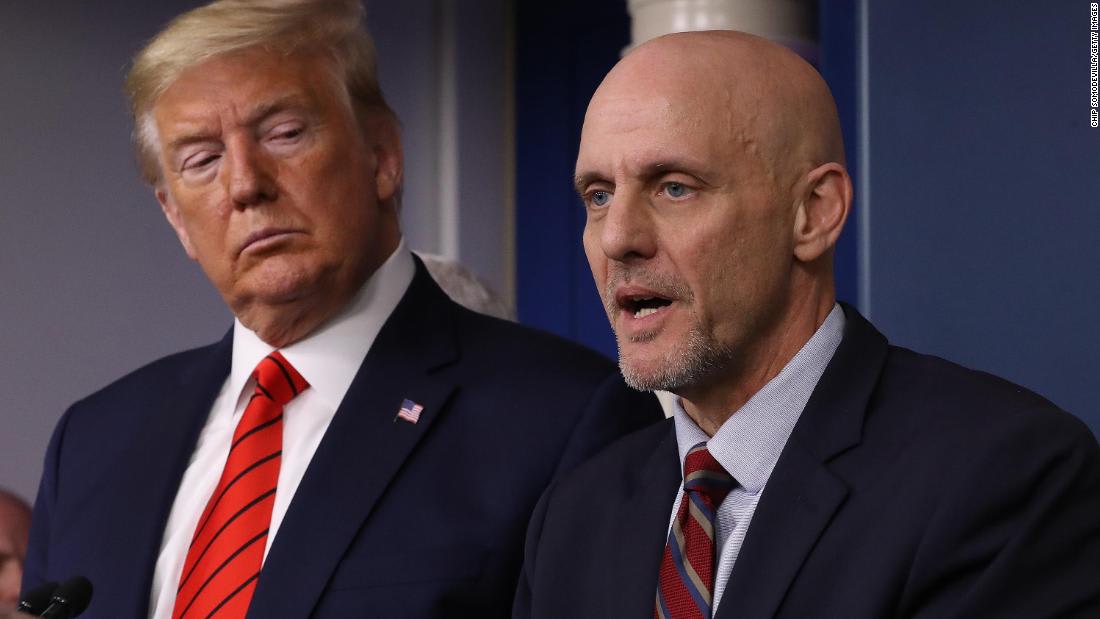New Zealand reports first Covid-19 death in more than three months
From CNN's Chandler Thornton and Julia Hollingsworth
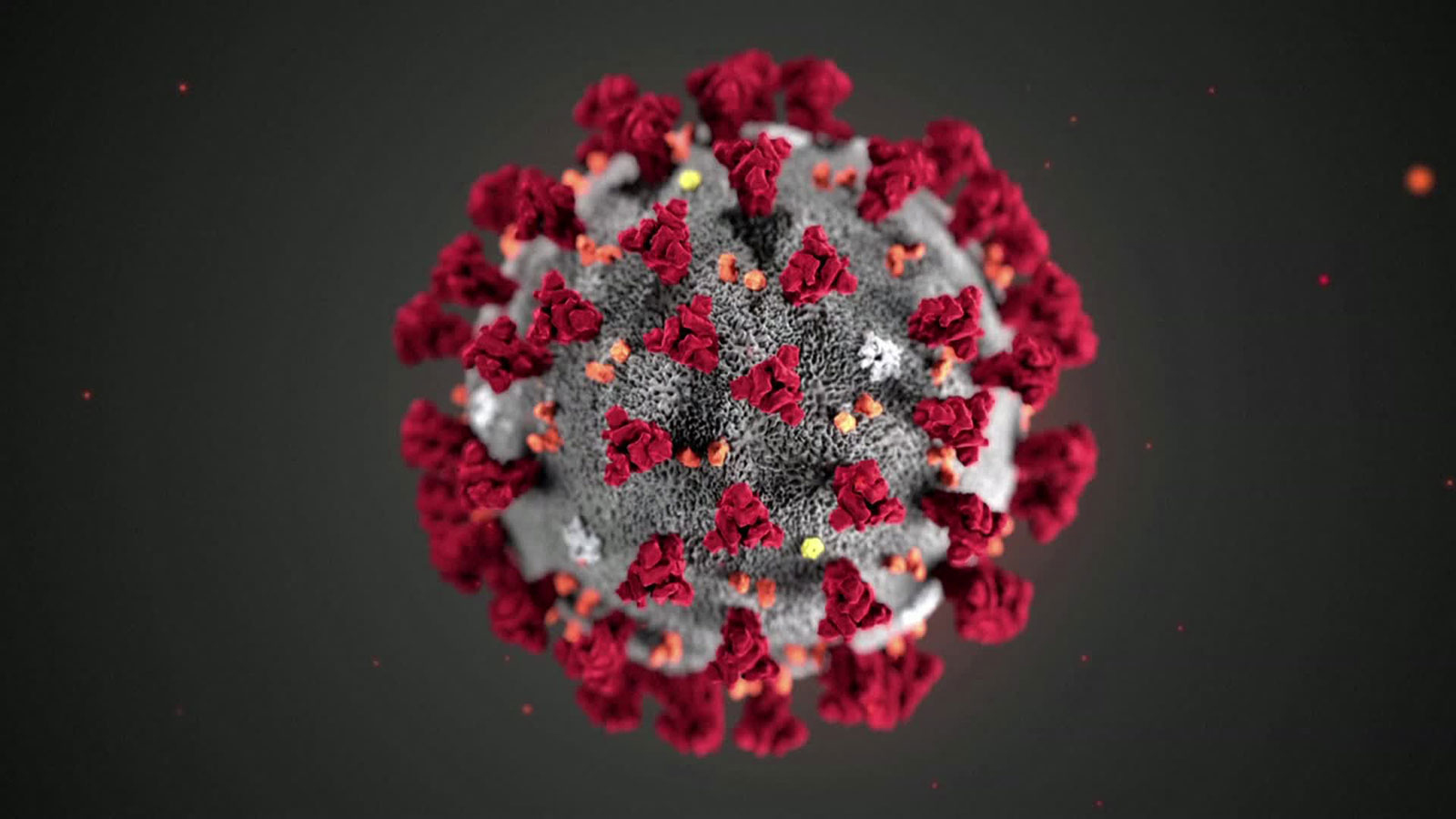 This illustration, created at the Centers for Disease Control and Prevention (CDC), reveals ultrastructural morphology exhibited by coronaviruses. Centers for Disease Control and Prevention (CDC)
This illustration, created at the Centers for Disease Control and Prevention (CDC), reveals ultrastructural morphology exhibited by coronaviruses. Centers for Disease Control and Prevention (CDC)New Zealand reported its first Covid-19 death in more than three months on Friday, according to its health ministry.
The ministry reported the man in his 50s was linked to the August Auckland cluster.
New Zealand's last reported death from the virus was on May 28. The country's death toll from Covid-19 now stands at 23.
"It’s with a very heavy heart we acknowledge that COVID-19 has taken the life of someone in our community. Our thoughts are with this person’s family and whānau," the NZ government tweeted.
US reports more than 36,500 new coronavirus cases
From CNN's Joe Sutton
The United States reported 6,506 new Covid-19 cases and 1,070 deaths on Thursday, according to Johns Hopkins University.
There are at least 6,150,016 cases of the virus in the US and at least 186,790 people have died, JHU said.
The totals include cases from all 50 states, the District of Columbia and other US territories, as well as repatriated cases.
CNN's map is tracking the US cases:
India reports more than 83,000 cases for second consecutive day
From CNN's Manveena Suri in New Delhi
 Relatives wearing personal protective equipment (PPE) as a precaution lower the body of a COVID-19 victim for burial at a graveyard in New Delhi, India. Manish Rajput/SOPA Images/Sipa/AP
Relatives wearing personal protective equipment (PPE) as a precaution lower the body of a COVID-19 victim for burial at a graveyard in New Delhi, India. Manish Rajput/SOPA Images/Sipa/APIndia reported 83,341 new Covid-19 cases on Friday, another highest daily increase for the country, according to the Indian Health Ministry.
It follows 83,337 Covid-19 cases reported on Thursday.
The nation's caseload now stands at 3,936,747, with least 3,037,151 of those making recoveries, according to the health ministry.
India also recorded 1,096 new coronavirus-related fatalities on Friday, bringing the confirmed nationwide death toll to 68,472.
New Zealand to remain at Alert Level 2 until September 16
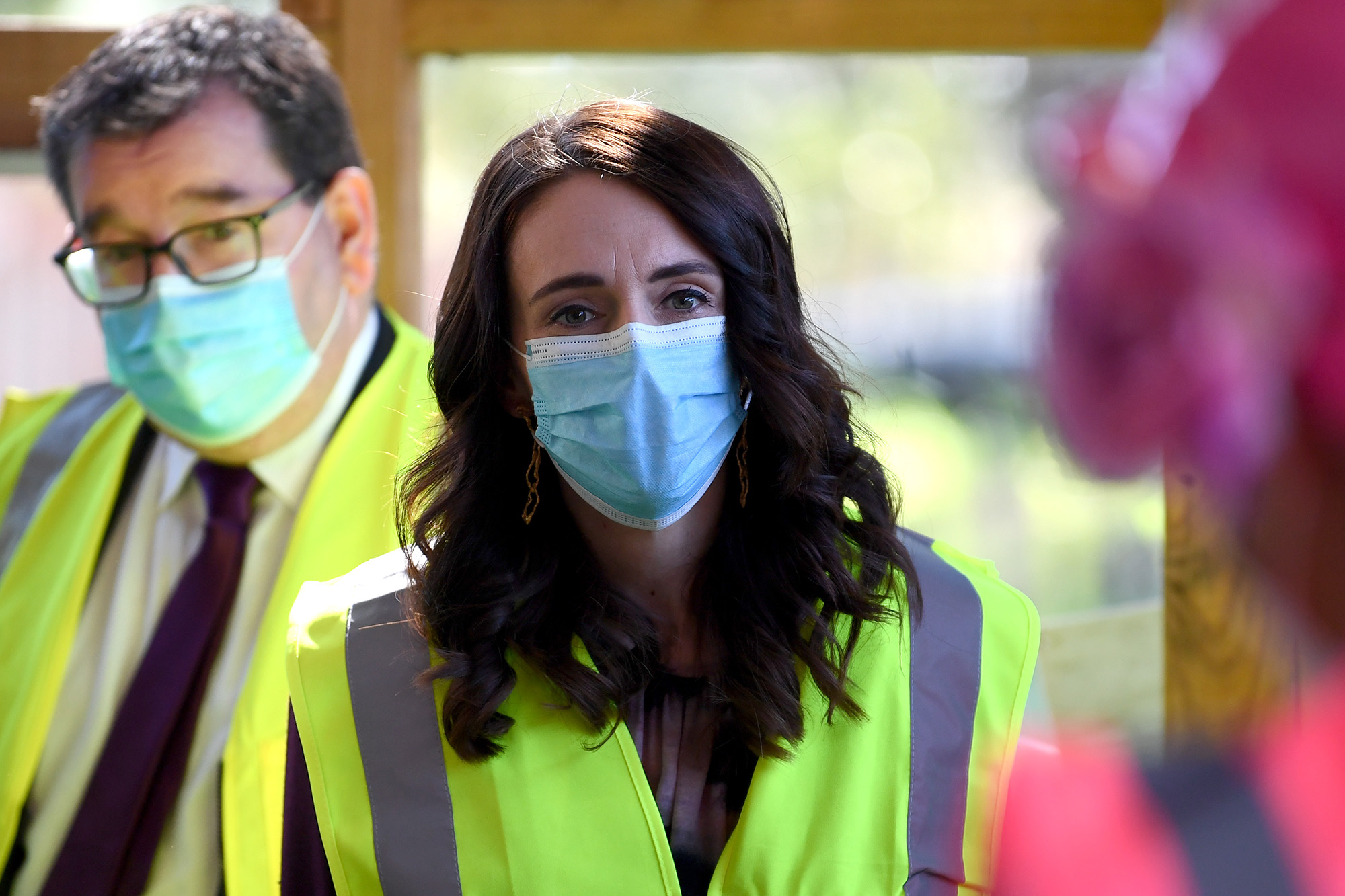 New Zealand Prime Minister Jacinda Ardern looks on at the Manukau Institute of Technology on September 3, in Auckland, New Zealand. Hannah Peters/Getty Images Hannah Peters/Getty Images
New Zealand Prime Minister Jacinda Ardern looks on at the Manukau Institute of Technology on September 3, in Auckland, New Zealand. Hannah Peters/Getty Images Hannah Peters/Getty ImagesNew Zealand will remain at Alert Level 2 until September 16 to reduce the risk of coronavirus spread, Prime Minister Jacinda Ardern announced in a press conference Friday.
"There's still a chance of spread outside of Auckland. If that does happen. Level Two ceilings lessen the impact of any spread. That means we avoid further fall out," Ardern said.
What is Alert Level 2: Face coverings are mandatory on public transportation and no more than 100 people are allowed at gatherings.
Auckland remains at Level 2.5, allowing for no more than 10 people at gatherings, after the city was linked to a Covid-19 cluster in August.
"At this stage, the Auckland cluster remains contained and there is no indication at this stage that Auckland needs, for instance, to move back to level three," Ardern said.
The government will reevaluate alert levels on September 14, the Prime Minister added.
New Zealand has 1,413 confirmed cases of the novel coronavirus after reporting five new cases Friday. Of the new cases, two were imported and under the age of nine years old, the government said.
Black Americans, hit hardest by the pandemic, feel they're hurt by both the virus and inequities tied to race
From CNN's Laura Dolan and Jason Carroll
Keith Gambrell feels minorities are getting blamed for dying from coronavirus.
"They say, 'Oh, it's because of the way you guys eat. It's the way you guys are living," he said. "I guess it's a blame game for everything that the minorities do. Like, how do you blame someone for dying at home?"
Gambrell, 33, lost his father to Covid-19 and says he had to fight to get treatment for his mother. He is himself still suffering from the effects of the virus that also struck his brothers.
This family is just one example of how hard coronavirus has hit minorities in the United States, and Black people in particular.
Blacks are dying at a rate 2.4 times higher than Whites, according to the Covid Tracking Project. Native Americans and Latinos are also dying at about 1.5 times the rate of that of Whites and Asian Americans, the data shows.
In Michigan, nearly 40% of all deaths in the state were Blacks -- including Gambrell's father, Gary Fowler -- even though they make up only 22% of the cases, the Covid Tracking Project data shows.
Read the full story:
Trump mocks Biden for wearing a mask
From CNN's Paul LeBlanc
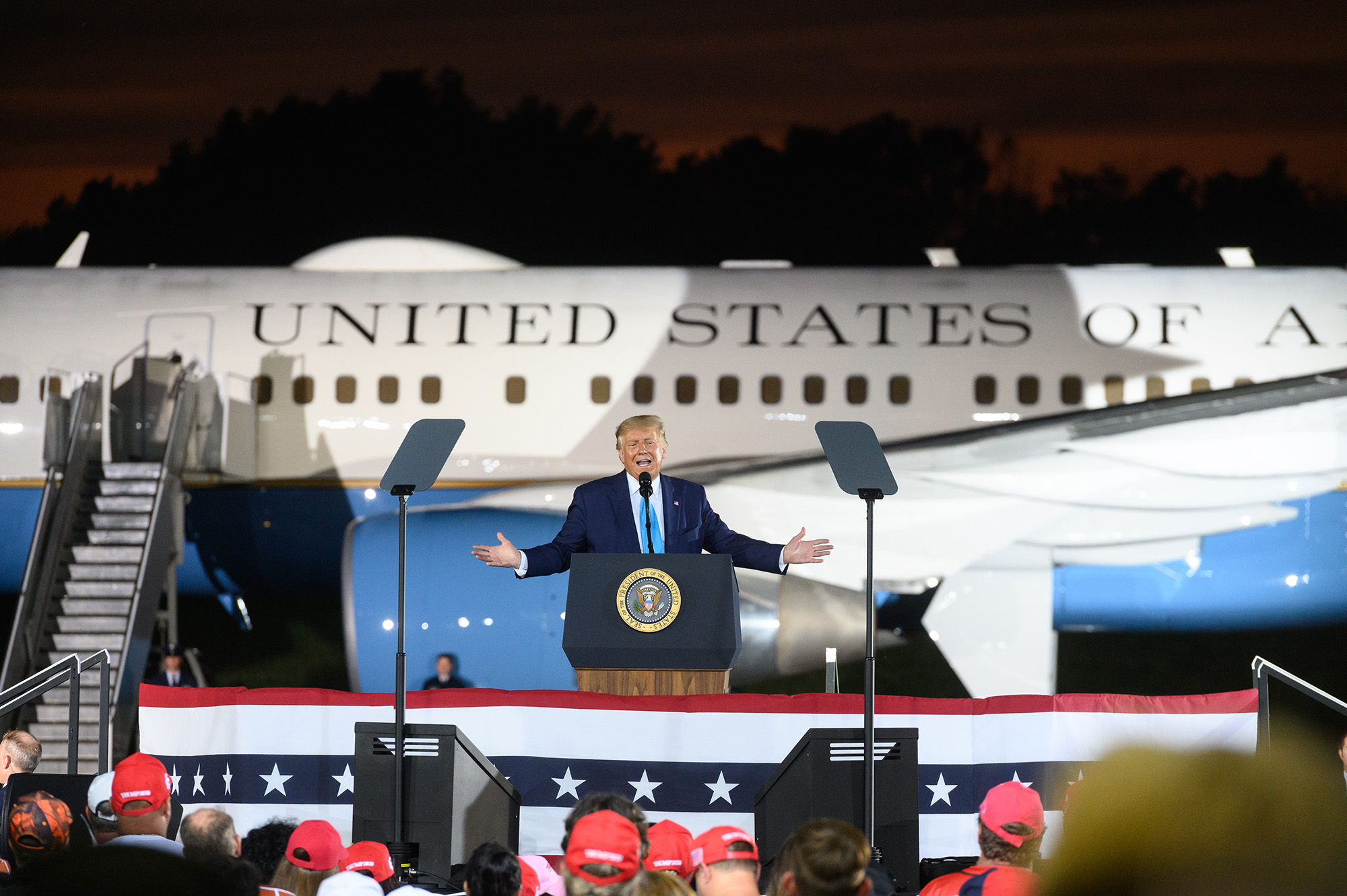 U.S. President Donald Trump speaks during a campaign rally in Latrobe, Pennsylvania, on Thursday, September 3. Justin Merriman/Bloomberg via Getty Images
U.S. President Donald Trump speaks during a campaign rally in Latrobe, Pennsylvania, on Thursday, September 3. Justin Merriman/Bloomberg via Getty ImagesUS President Donald Trump on Thursday mocked Democratic presidential nominee Joe Biden for wearing a face mask even as the US continues to lead the world in coronavirus cases, with more than 6 million infections.
Speaking to a largely mask-less crowd in Pennsylvania, Trump asked his supporters if they know "a man that likes a mask as much" as Biden.
"It gives him a feeling of security," the President said. "If I was a psychiatrist, I'd say this guy has some big issues."
Trump's comments, which came the day after the US topped 185,000 Covid-19 deaths, run counter to the advice of public health experts, who have emphasized the importance of face coverings amid the country's reopening, given that people without symptoms could unknowingly transmit the virus.
Masks are primarily to prevent people who have the virus from infecting others.
Brazil's Bolsonaro challenges validity of coronavirus vaccines
From journalist Rodrigo Pedroso in Sao Paulo
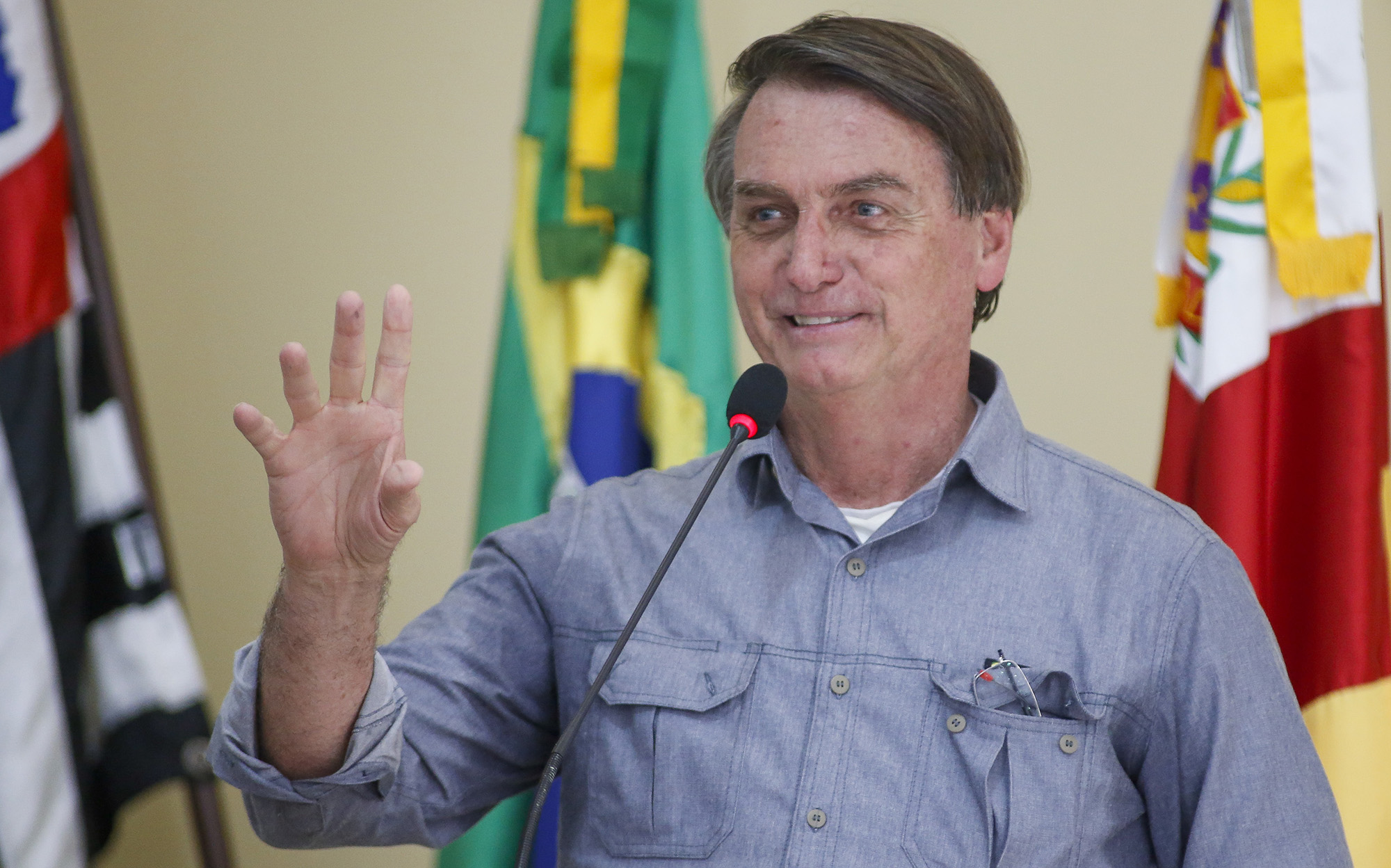 Jair Bolsonaro, President of Brazil speaks during the presentation of a bridge development project over the Ribeira de Iguape River, on September 3. Miguel Schincariol/Getty Images
Jair Bolsonaro, President of Brazil speaks during the presentation of a bridge development project over the Ribeira de Iguape River, on September 3. Miguel Schincariol/Getty ImagesPresident Jair Bolsonaro has said he won’t approve a Covid-19 vaccine for the public until after the country’s health surveillance agency (ANVISA) gives a second opinion.
Speaking in his weekly Facebook live video on Thursday -- just hours after Brazil’s health ministry announced the country had surpassed 4 million Covid-19 cases -- Bolsonaro said vaccines developed in the United States, the European Union, Japan and China, while “scientifically proven in these other countries,” would require further examination to be used for immunizations in Brazil.
On Monday, Bolsonaro was recorded on cell phone video telling a supporter he wouldn’t make a Covid-19 vaccine mandatory in Brazil.
Brazil’s health ministry followed up Wednesday, confirming that no one would be forced to receive the vaccine. Bolsonaro repeated that pledge in Thursday’s broadcast, drawing support from the country’s anti-vaxxer community.
Here's why it's unlikely the US will have a coronavirus vaccine by Election Day
From CNN's Maggie Fox
The US Centers for Disease Control and Prevention is asking states to get ready to distribute a coronavirus vaccine by as early as next month. The CEO of Pfizer says he thinks it's possible his company will have enough data to ask the US Food and Drug Administration (FDA) for authorization by October.
And officials inside the FDA have told CNN that US President Donald Trump has consistently pressed agencies to speed up their timeline for developing a vaccine so he can have a vaccine victory by Election Day.
But is it really possible we could have a coronavirus vaccine by November?
"Do the simple math," said Dr. Larry Corey of the Fred Hutchinson Cancer Research Center in Seattle, who is leading the team coordinating clinical trials for federally backed coronavirus vaccines in the US.
"We designed the trial to get to 130, 140 endpoints seven months from starting the trial," Corey told CNN. "The first one started in mid-July."
If you add seven months to July, you get February.
That doesn't mean it's impossible to have an answer before then: If one of the vaccines being tested is highly effective, and there is a high rate of infection among trial volunteers, it's possible many people who got placebo shots would get infected quickly.
"If you had a highly effective vaccine, maybe you'd find that five months from designing the trial," Corey said.
But if you add five months to July, you get December.
Read the full story:
Trump puts pressure on US FDA for coronavirus silver bullet ahead of Election Day
From CNN's Kevin Liptak and Kaitlan Collins
Facing a persistent polling deficit and a struggling economy, US President Donald Trump has cranked up pressure on administration health officials to expedite work both on a coronavirus vaccine and on treatments that might signal to voters there is an end in sight to the life-altering pandemic that has imperiled his reelection prospects.
In his public remarks and through private prodding, Trump has pushed for more good news on the pandemic, insisting that even developments considered minor by health experts be expanded into major announcements for which he can claim credit.
And he's looking to the US Food and Drug Administration (FDA) for the biggest one.
Facing one of the most critical moments in its tenure since it was founded over 100 years ago, officials inside the FDA say the tension is palpable.
A number of sources familiar with the internal workings told CNN the responsibility feels immense and the environment is akin to that of a pressure cooker. In the last week alone, FDA Commissioner Dr. Stephen Hahn was forced to apologize for an overhyped plasma announcement, subsequently removed a newly installed communications aide, and found himself on the receiving end of criticism from the West Wing.
Read the full story:

 5 years ago
605
5 years ago
605 